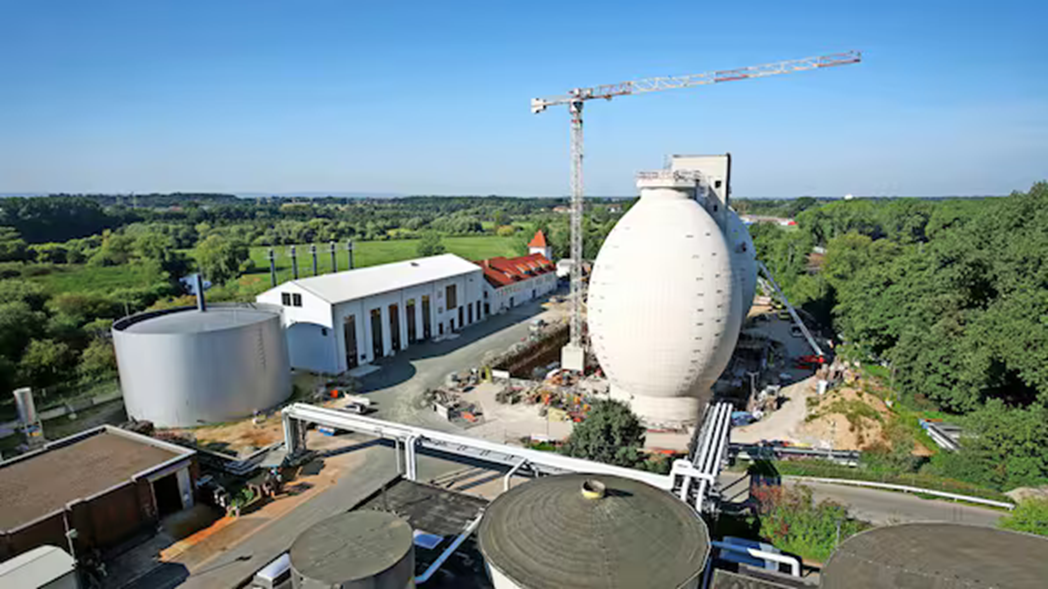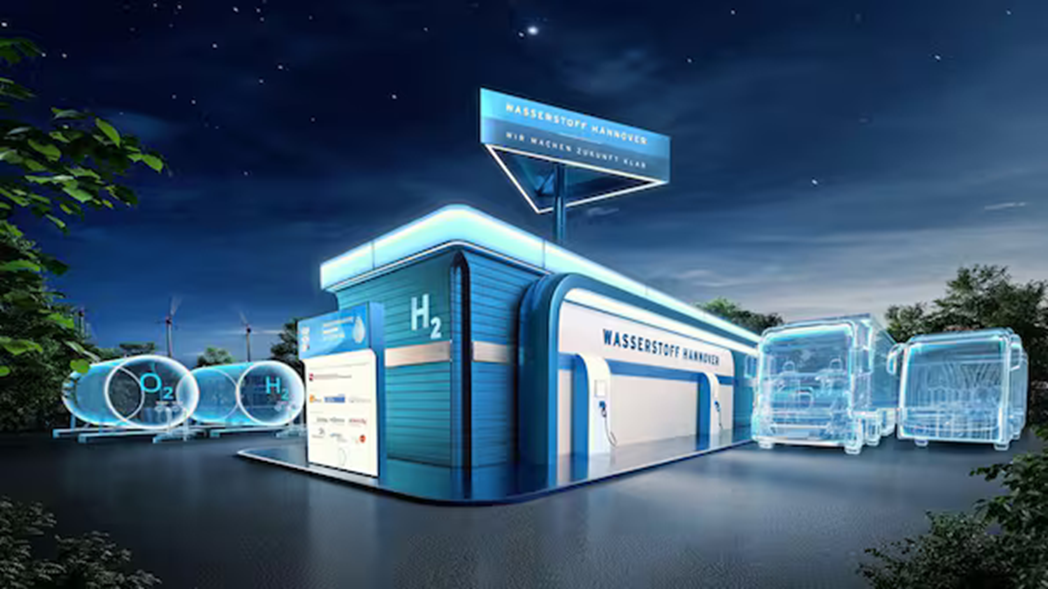Economy and business
City of Hanover bets on hydrogen and loses 10 million without accomplishing anything

Hydrogen, especially hastily introduced, as is happening in Germany, is beginning to cause the first losses.
Take the exemplary case of Hanover: the cancelled hydrogen project in Herrenhausen created a 10 million euro hole in the city’s coffers. Could the extent of the damage have been avoided or at least reduced? Fides auditors answer the question in the affirmative, as was recently revealed in the city’s reclamation commission. “The damage could have been minimized,” a company representative said during the commission meeting. The city did not share this view.
Read more on the topic
First enthusiasm, then disillusionment
Initially, the city and politicians were enthusiastic about the idea. A hydrogen factory was to be built on the site of the Herrenhausen wastewater treatment plant. The oxygen produced would be used for wastewater treatment. A research team from the university supported the project. The initial plan was to build a prototype for hydrogen production, with a larger plant to be built later.
However, by the fall of 2023 at the latest, it was clear that the 25 million euro budget would not be enough. In the end, it turned out that the entire project would cost 136 million euros. The city pulled the plug, but not until February 2024, and it had yet to settle outstanding bills.
The fact is simple: the costs were out of control and hydrogen would have been so expensive that no customers came forward to use hydrogen. Not only would the plant have cost a lot of money, but it would have had no customers.
Of course, the city council includes Social Democrats and Greens, two political forces that put environmental rhetoric ahead of logic and economics

The Hanover hydrogen plant that will never be
The auditors’ criticism
If the city had already stopped the project in September 2023, it could have limited the damage “significantly,” according to the auditors. This is because a “significant contract” with a contractor was still in place at that time.
The city sees things differently. Anja Ritschel (Greens), head of the environment and economy department, admits that the cost increases were already predictable at the time, “but we wanted reliable data,” she says. In the end, they acted to the best of their knowledge and belief, and the delay caused no additional harm.
One statement pits one against another, and the Council’s politicians can’t make heads or tails of it. “We are still wondering how it could have come to this,” says CDU environmental politician Maximilian Oppelt. The SPD criticizes the auditors and accuses them of acting like private detectives. “We don’t have to find someone to blame; we have to find a solution,” says SPD parliamentary group leader Lars Kelich. Innovative projects are always associated with risks. Oppelt sees this as “adventurous reasoning.” An unusual project requires even more work, he says.






